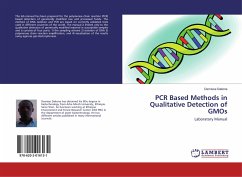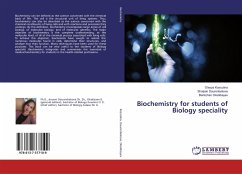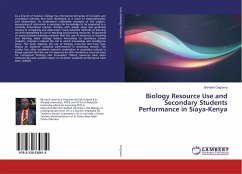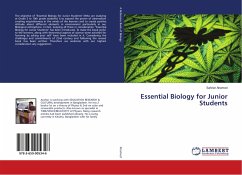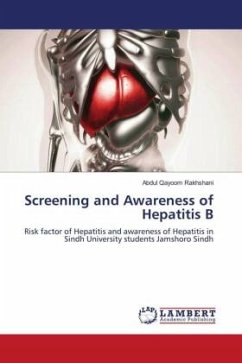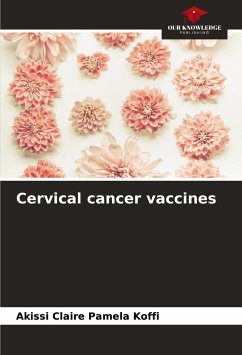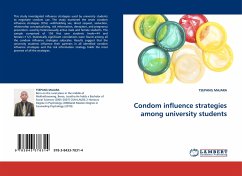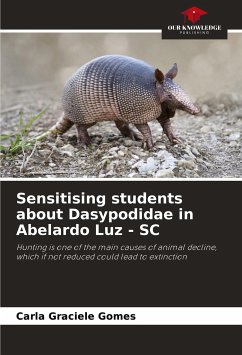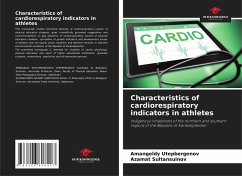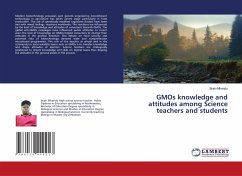
GMOs knowledge and attitudes among Science teachers and students
Versandkostenfrei!
Versandfertig in 6-10 Tagen
36,99 €
inkl. MwSt.

PAYBACK Punkte
18 °P sammeln!
Modern biotechnology processes such genetic engineering (recombinant technology) in agriculture has taken centre stage particularly in food production. The use of genetically modified organisms (foods) have been met with mixed feelings, reactions worldwide. The reactions are influenced by the level of knowledge and attitudes of consumers towards GMOs. The global anti-GMOs campaigns have influenced public attitudes .In recent years the level of knowledge on GMOs helped consumers to change their attitudes in the positive direction. The debate on food security and potential risks of biotechnology...
Modern biotechnology processes such genetic engineering (recombinant technology) in agriculture has taken centre stage particularly in food production. The use of genetically modified organisms (foods) have been met with mixed feelings, reactions worldwide. The reactions are influenced by the level of knowledge and attitudes of consumers towards GMOs. The global anti-GMOs campaigns have influenced public attitudes .In recent years the level of knowledge on GMOs helped consumers to change their attitudes in the positive direction. The debate on food security and potential risks of biotechnology demand wide and comprehensive educational programmes. The role of the teacher at school and in the community in socio-scientific issues such as GMOs is to transfer knowledge and shape attitudes of learners. Science teachers are strategically positioned to impart knowledge and skills on topical issues thus shaping the attitudes of the general public in the process.



